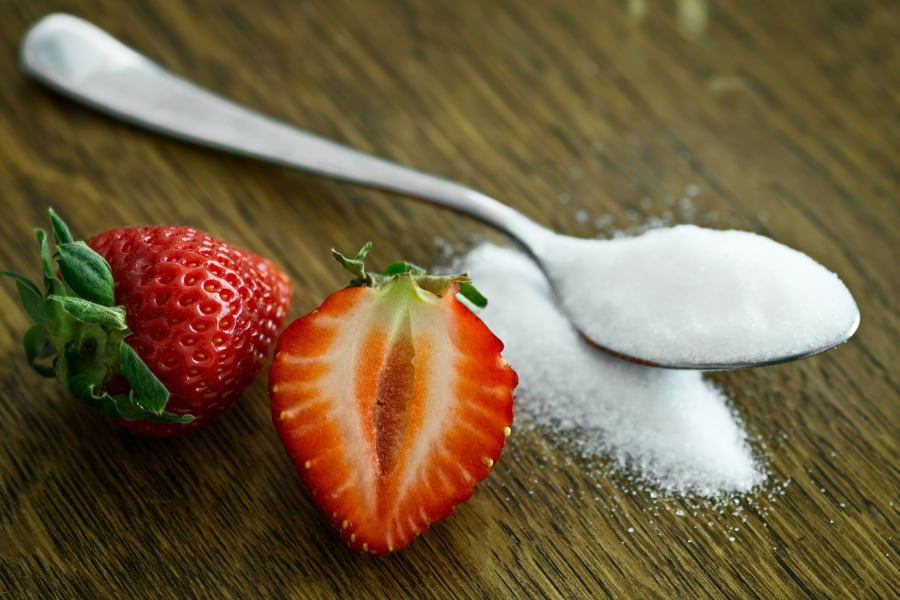
“It is time to re-examine the safety and regulatory status of sucralose, as there is growing evidence that it poses significant risks,” says the lead researcher.
Scientists from the University of North Carolina in the US have discovered that a chemical formed when sucralose, a commonly used sweetener, is digested, is genotoxic and damages DNA. This groundbreaking study raises serious concerns about potential health problems that sucralose, better known by the brand name Splenda®, can cause. While previous research has highlighted the production of certain fat-soluble compounds in the gut after consuming sucralose, this new study focuses on a specific compound called sucralose-6-acetate, as carried by ERT.
“Our new study documents that sucralose-6-acetate is genotoxic. We also found traces of sucralose-6-acetate in commercial sucralose, even before it was consumed and metabolized,” said Susan Schiffman, lead author of the research team and assistant professor in the University of North Carolina’s Department of Biomedical Engineering.
The European Food Safety Authority has set a limit of concern for toxins for all genotoxic substances at 0.15 μg per person per day. However, researchers found that the effects of sucralose-6-acetate in a daily sugary drink exceeded this limit. And that’s not even counting the amount of sucralose-6-acetate, which is produced as metabolites when people consume sucralose.
To further investigate the genotoxicity of 6-sucralose acetate, the scientists conducted a series of experiments using human blood cells. The results were very disturbing.
“We found that sucralose-6 acetate is genotoxic and that it effectively disrupts DNA in cells exposed to the chemical,” Schiffman said.
The researchers also investigated the effects of sucralose-6 acetate on human intestinal tissue. Previous studies had already highlighted the negative impact of sucralose on gut health, which prompted the team to dig deeper.
“When we exposed sucralose and sucralose-6-acetate to intestinal epithelial tissues — the tissues that line the intestinal wall — we found that both chemicals cause leaky gut syndrome. Essentially, they make the intestinal wall more permeable by destroying the points where cells stick,” Schiffman explained. of the alimentary canal.”
A leaky gut can cause problems because it allows substances that should be excreted through the stool to leak into the bloodstream. In addition, the researchers observed increased activity of genes related to oxidative stress, inflammation, and carcinogenesis in gut cells exposed to sucralose-6-acetate.
“This research raises a number of concerns about potential health effects associated with sucralose and its metabolites. It is time to re-examine the safety and regulatory status of sucralose, because evidence is mounting that it poses significant risks. If anything, I encourage people to avoid products containing sucralose. The researcher concluded that it is something you should not eat.
The study was published in the “Journal of Toxicology and Environmental Health, Part B” and edited by ERT.
source: Fun engineer
Follow DNews at google news And be the first to know all the news

“Hipster-friendly coffee fanatic. Subtly charming bacon advocate. Friend of animals everywhere.”





More Stories
F-16 crashes in Ukraine – pilot dies due to his own error
Namibia plans to kill more than 700 wild animals to feed starving population
Endurance test for EU-Turkey relations and Ankara with Greece and Cyprus